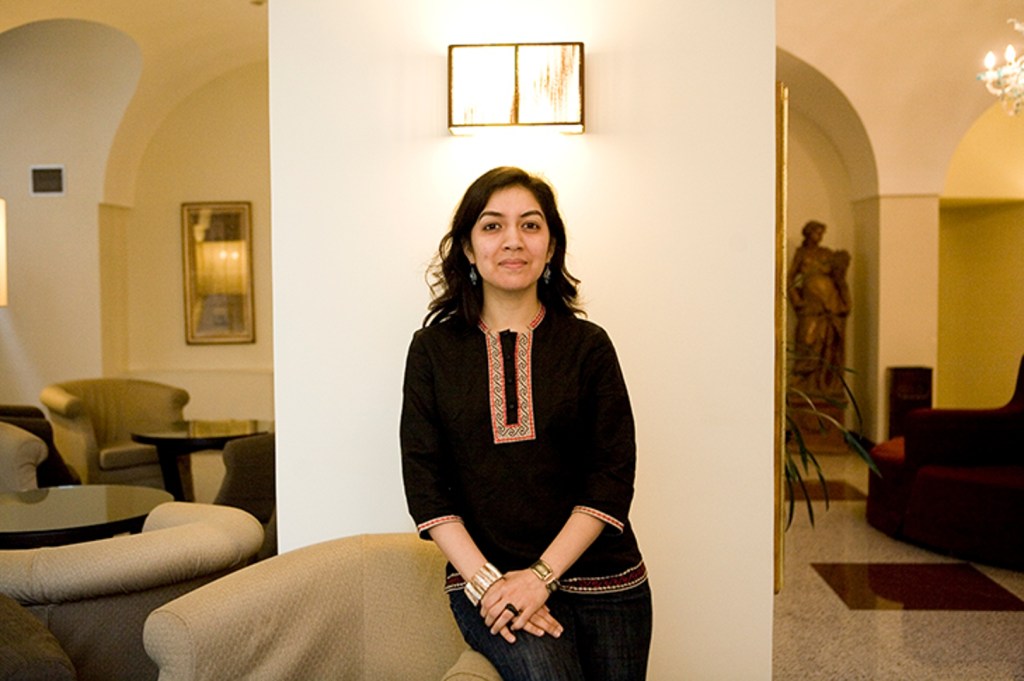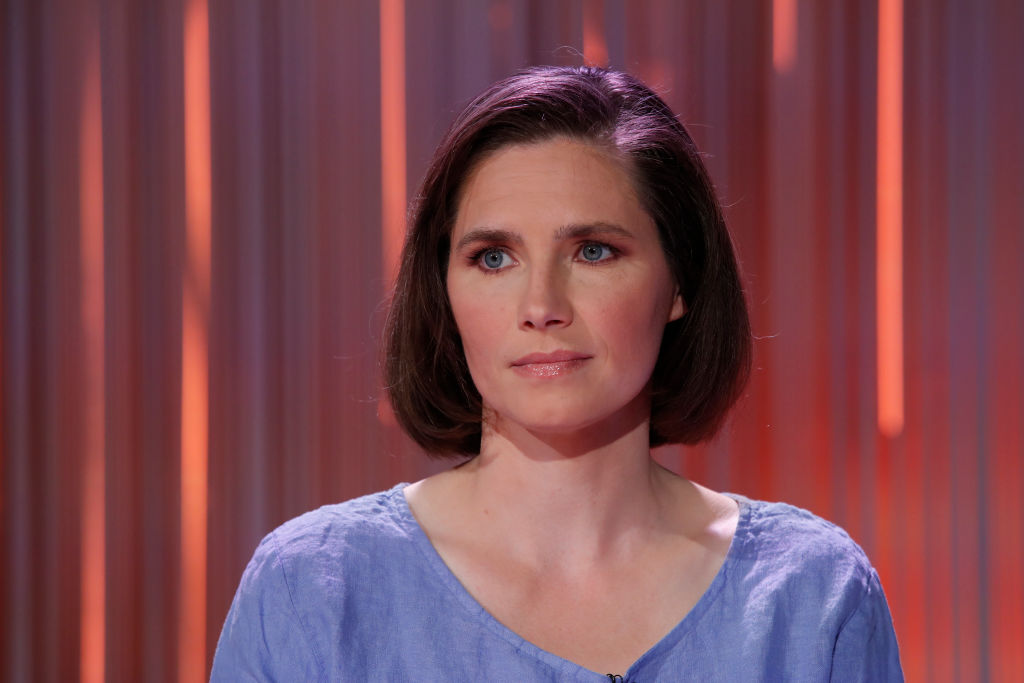Welcome to Utopia — not an idyllic arcadia but a secretive tech incubator in a Manhattan office block. Here a computer scientist, Asha Ray, the narrator of The Startup Wife, her charismatic husband Cyrus and best friend Jules are nervously pitching their app platform — Asha’s cutting-edge algorithm aimed at people yearning for ritual without religion. Drawing on dreams, obsessions and secret desires — an Odyssey wedding, Game of Thrones funeral, pharaonic celebration — the app will create micro-communities of users: a virtual parish.
Their startup gets the crucial nod, and they join the cool, shiny Utopians who are pursuing projects to support humanity ‘when there’s nothing left’. ‘You’re planning for the apocalypse?’ Jules asks. On the office roof they’re growing vegetables, with self-generated electricity instead of soil, ‘for when the bee population collapses’. Other cheerful prospects include mass antibiotic resistance, climate collapse, world war — and a deadly pandemic, but nobody’s paying attention to that. And not everyone is catastrophizing: instant orgasms at board meetings for busy women? There’s a startup for that.
Like her narrator, Tahmima Anam is Bangladeshi, educated at Harvard. Her prize-winning Bengali trilogy led three generations of a family through dark times of war and loss. The Startup Wife is blessedly comic: a satire on the madness of techno tyranny, underpinned by a feminist love story.
The app is an instant sensation, the trio worth theoretical millions. But Asha has a deepening sense of dread, of something going disastrously wrong. And why is she sweating at her desk, marginalized, while her husband is hailed as an online messiah? Swept into the stratospheric excesses of high tech, they think they’re living the dream. IRL they are in hell: the brave new virtual world.
Huxley would have relished the irony. But it’s tough for today’s fiction writers to keep pace with reality: a highlight of Anam’s book is a mind-blowing startup offering interaction with your deceased loved ones. Ludicrous sci-fi? Hardly. Microsoft was recently granted a patent on an app that recreates a dead person, a chat-bot participating in conversations after death.
Techno geeks will read the book with knowing amusement; those of us floundering in the rarefied air will encounter baffling jargon and acronyms scattered like birdseed through the pages. But if you don’t know your CTOs from your IPOs or an elevator pitch from a vertical, forget the STEM and enjoy the novel as a witty predictive comedy of manners — until, with a stealthy nudge, Utopia’s future morphs into our present. So, is this the way the world ends, not with a bang but a virus? As Anam’s characters prepare to face the unknown, we’re already living through it.
This article was originally published in The Spectator’s August 2021 World edition.

























